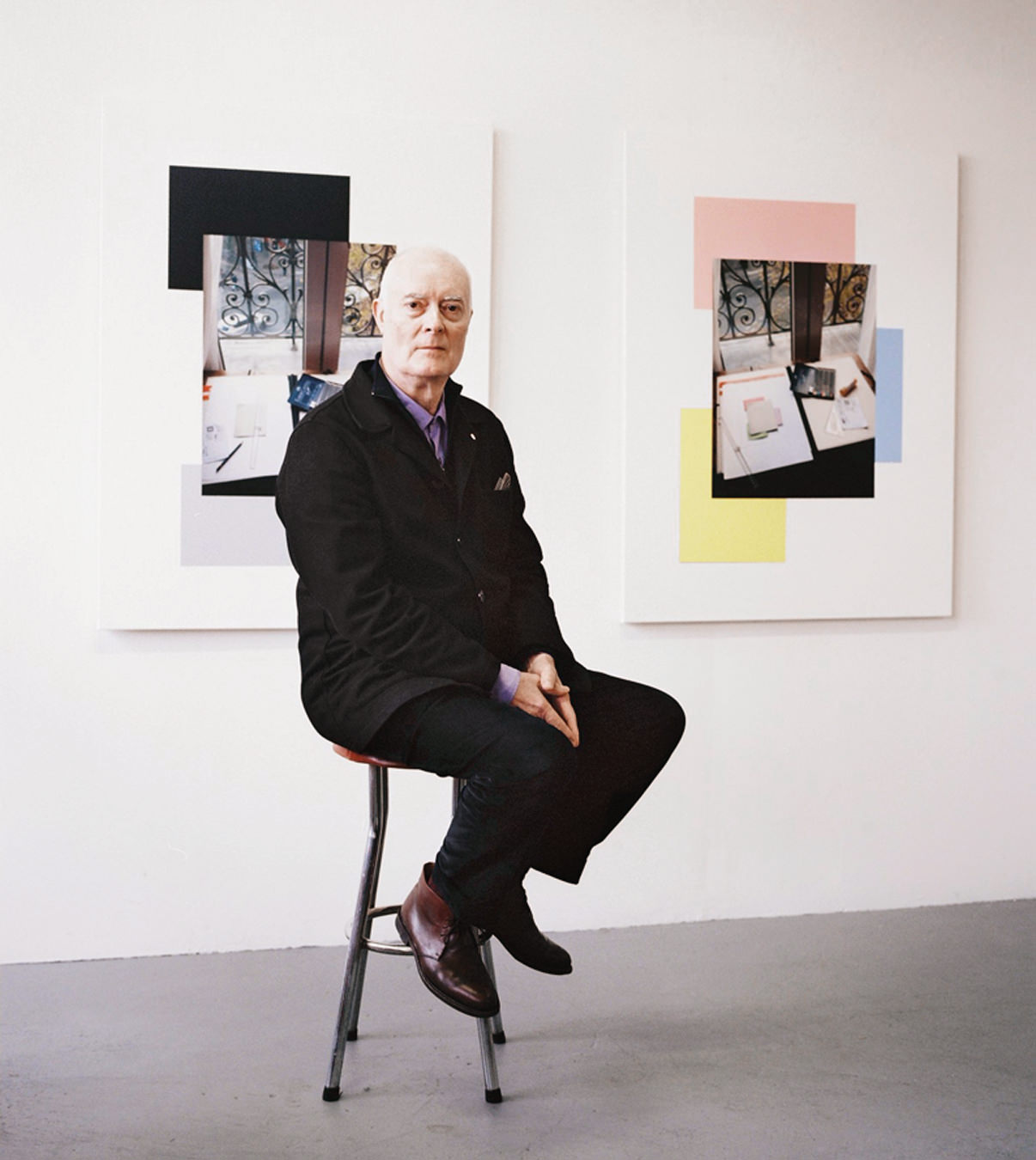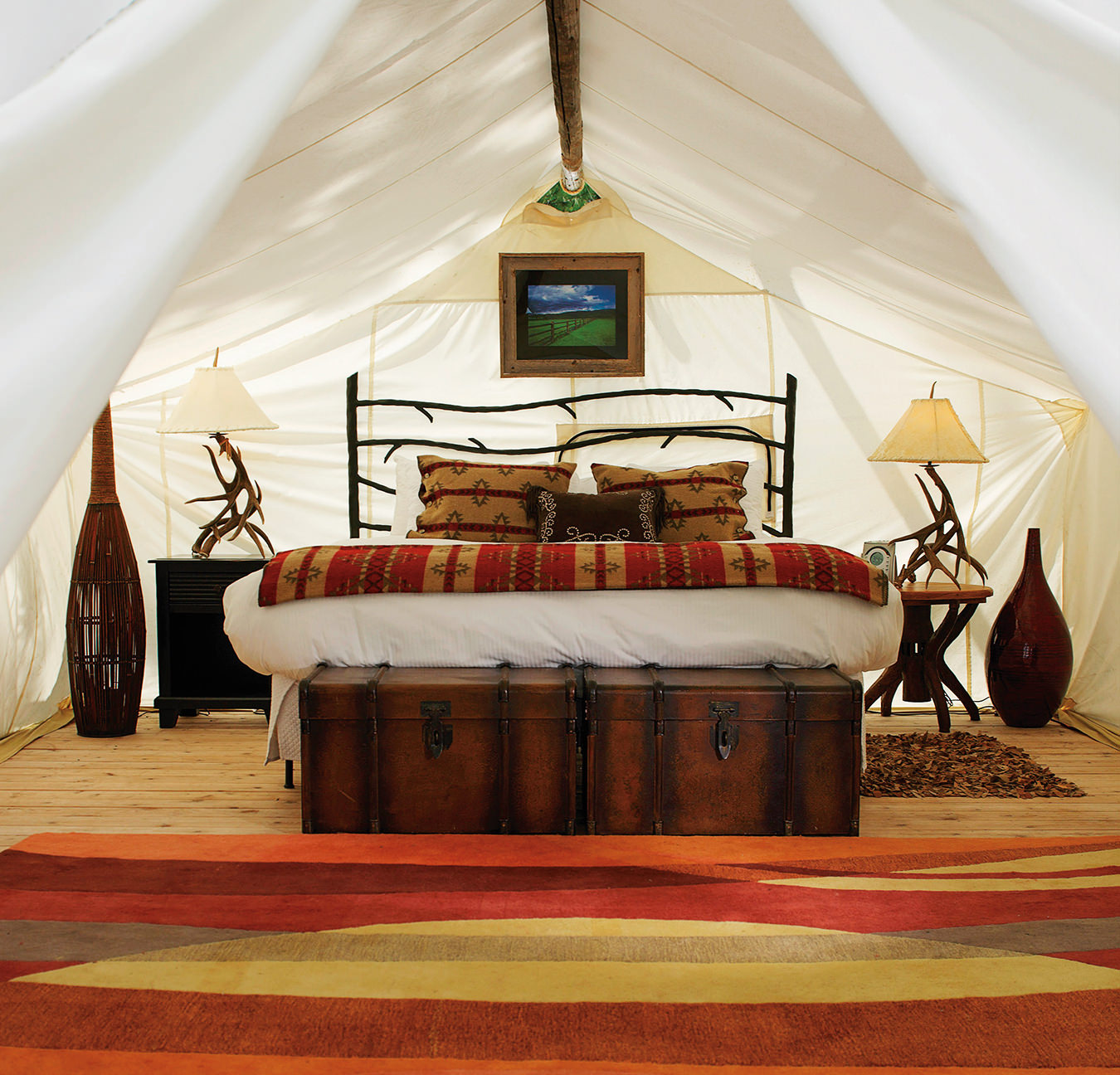George Elliott Clarke
In NUVO’s poet laureate series, we speak with current poets holding the title as of 2016 for Victoria, Calgary, Edmonton, Charlottetown, Halifax, the Yukon, and Canada’s parliamentary poet laureate. Below, words from Canada’s parliamentary poet laureate.
Inaugurated on January 1, 2016, George Elliott Clarke had the title of parliamentary poet laureate of Canada bestowed upon him after completing his term as poet laureate of Toronto (2012–2015). Still based in Toronto, Clarke hopes to use his position as parliamentary poet laureate to establish a stable identity for the title which future generations may maintain.
Tell us what it means to you to be the poetic voice of Canada.
It’s an amazing privilege—and honour—to think that my words may be used to represent the collective aspirations of 35,000,000 Canadians. It’s an awesomely beautiful challenge, especially since, as the seventh parliamentary poet laureate of Canada (2016–17), I’ll preside over the Sesquicentennial of Confederation (1867–2017) celebrations, in some aspect, next year [where I plan to] publish a revamped Constitution of Canada, with a Ministry of Dreams and Minister of Marijuana…
[In my opinion,] the parliamentary poet laureateship is always in flux, mainly because there are very few perennial structures or obligations. Instead, the position has been left open to the individual poets, alternating between English and French, to define as is our wont. The positive thing is that we get to exercise a lot of individual choice in how we wish to see the laureateship operate; the downside is that there are few traditions we are expected to uphold. The closest thing to a “tradition” is the Parliamentary Poem of the Month that I have revived in my tenure, which George Bowering began during his.
What else are you planning to do while holding the laureateship?
Currently, I’m in great demand to speak and/or recite poetry at venues from Newfoundland to British Columbia and from Windsor, Ontario to Whitehorse, Yellowknife. I’ve also made sorties overseas to Italy, Slovenia, Scotland, and Mexico, and expect to undertake other foreign travels in the next year.
I’m trying to institute a Poets’ Corner, as well as having a silver medallion struck to be presented to past and future poets laureate, and arrange an annual occasion when the parliamentary poet laureate actually addresses Parliament or participates in solemn occasions such as Remembrance Day. I think that such events should be the automatic place for Canadian poets laureate to try to voice the intelligently and sensitively organized emotions of the body politic.
Besides solidifying a distinct connection to Parliament, are you writing anything else at the moment?
I’m currently at work—have been at work since 2008—on an epic poem, “Canticles”, whose subject is slavery, imperialism, and opposition to these evils. Canticles I is being published in two parts, as of November 2016 and April 2017. Canticles II and Canticles III will be completed and published by 2021.
Canticles II will feature rewritings of scripture(s) and Canticles III will address the history of the African Baptist Association of Nova Scotia (1853– ). Apart from my epic, I hope to add to my oeuvre a fifth “colouring book”, or general collection of lyrics. Titled White it follows Blue (2001), Black (2006), Red (2011), and Gold (2016). White should also appear in 2021.
What are some hopes you have for future poets taking your place?
When I was poet laureate of Toronto (2012–15), I spoke alongside the mayor of the city and the Lieutenant-Governor of Ontario at events as different as honouring the 50th anniversary of the opening of Toronto City Hall and the official ceremony inaugurating the Toronto stop of the touring Magna Carta. It was especially poignant for me to participate in Remembrance Day 2014, at Queen’s Park, given the collective anger and sorrow over the deaths of Canadian soldiers at the hands of terrorists. My hope is that Canadian poets laureate will be increasingly used to represent popular sentiments and concerns—as a matter of course, not as special or novelty events.
Blank Sonnet
The air smells of rhubarb, occasional
Roses, or first birth of blossoms, a fresh,
Undulant hurt, so body snaps and curls
Like flower. I step through snow as thin as script,
Watch white stars spin dizzy as drunks, and yearn
To sleep beneath a patchwork quilt of rum.
I want the slow, sure collapse of language
Washed out by alcohol. Lovely Shelley,
I have no use for measured, cadenced verse
If you won’t read. Icarus-like, I’ll fall
Across vision to drown in the white sea,
That closes every poem—the white reverse
That cancels the blackness of each image.
(“Blank Sonnet” by George Elliott Clarke, from Whylah Falls, Gaspereau Press, 1990, 2000, 2010.)
To meet other poets laureate, click here.




